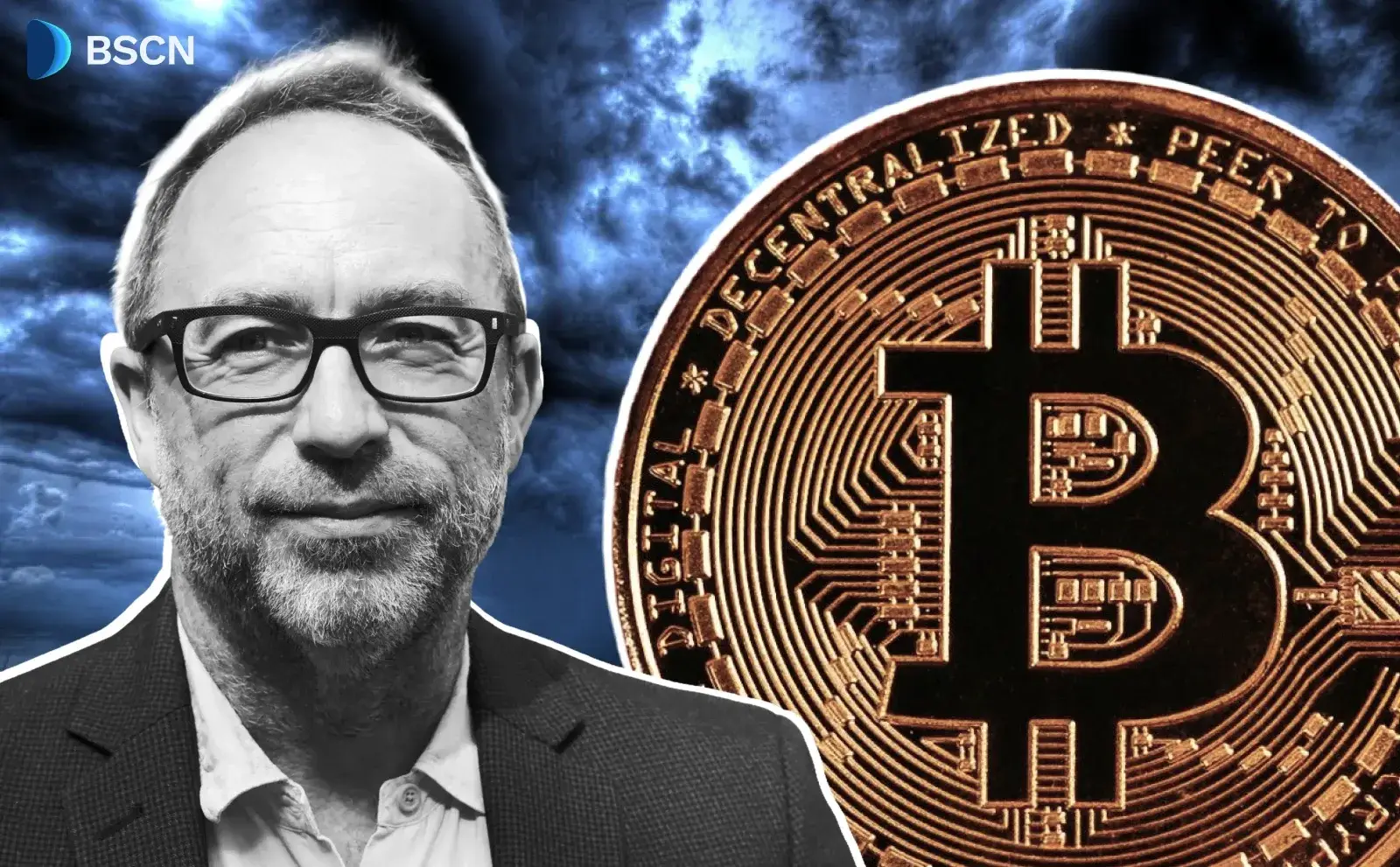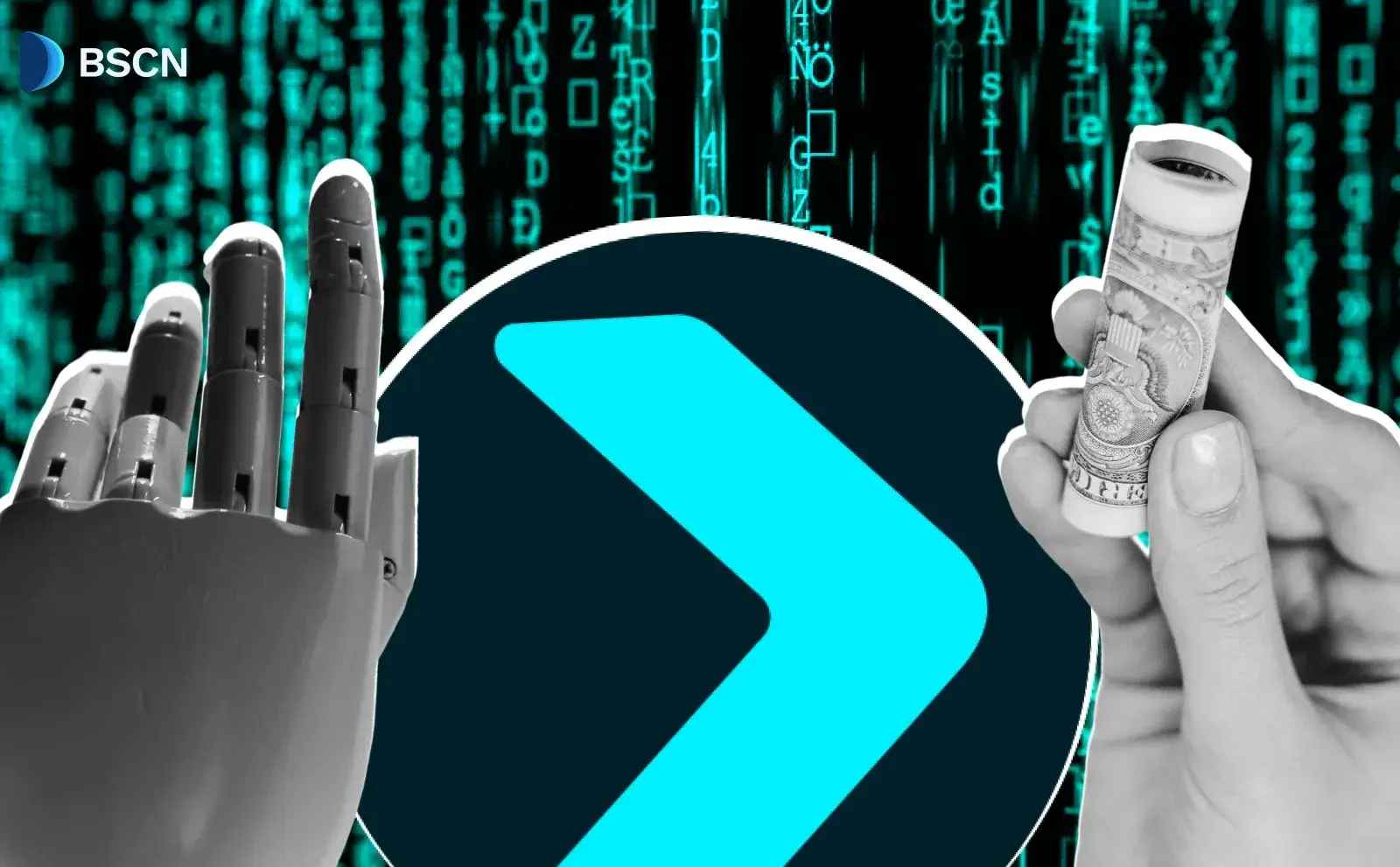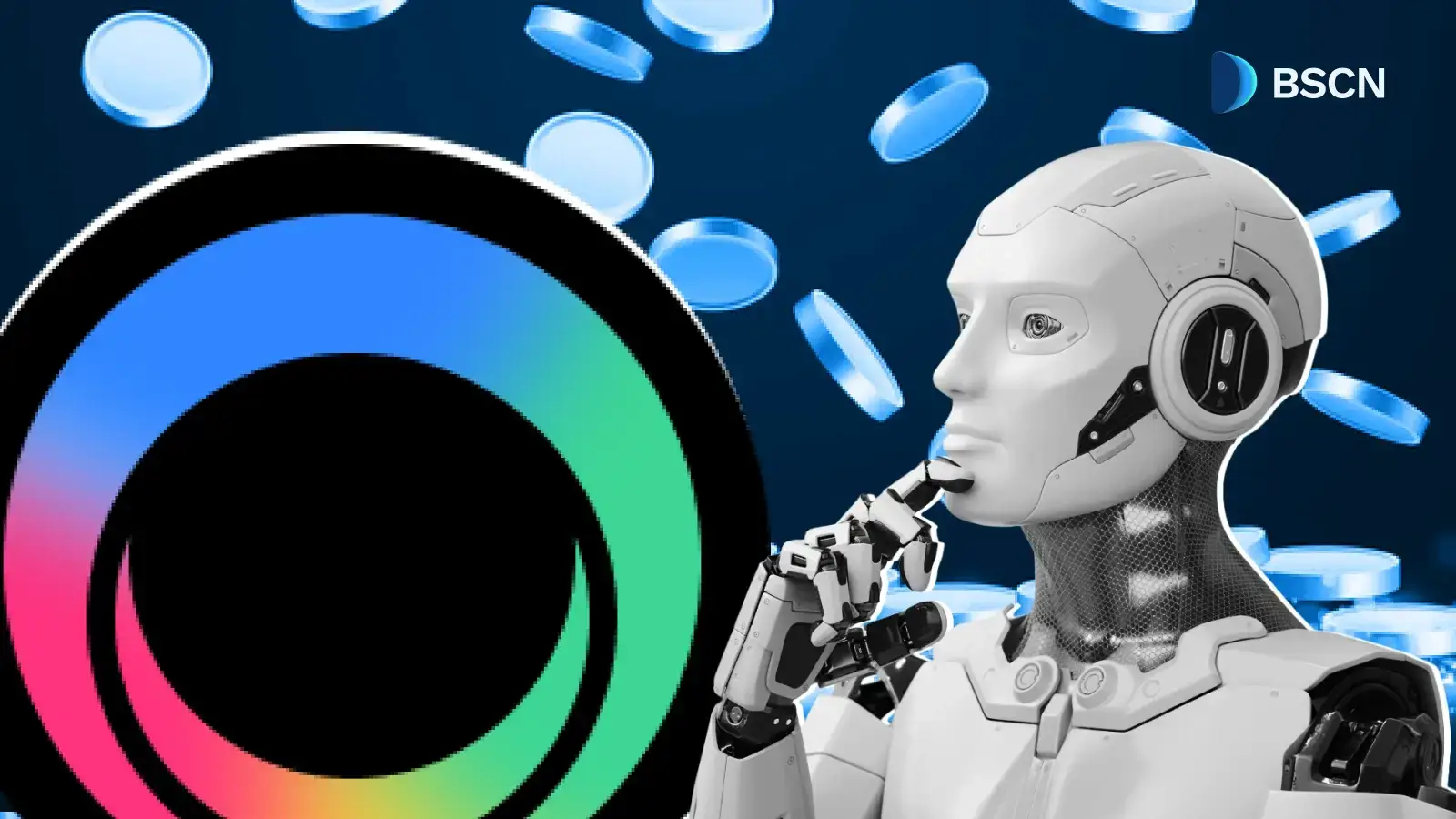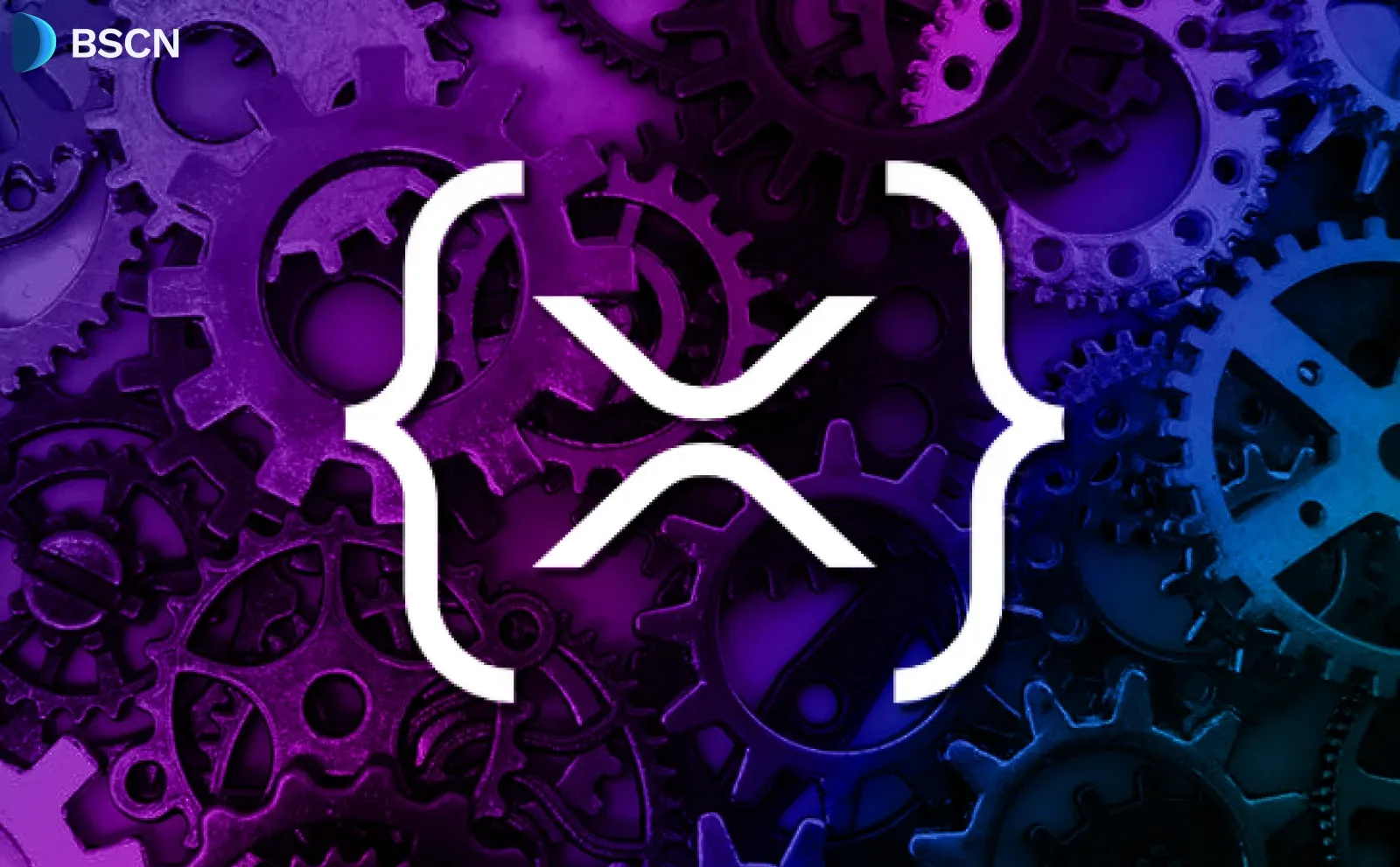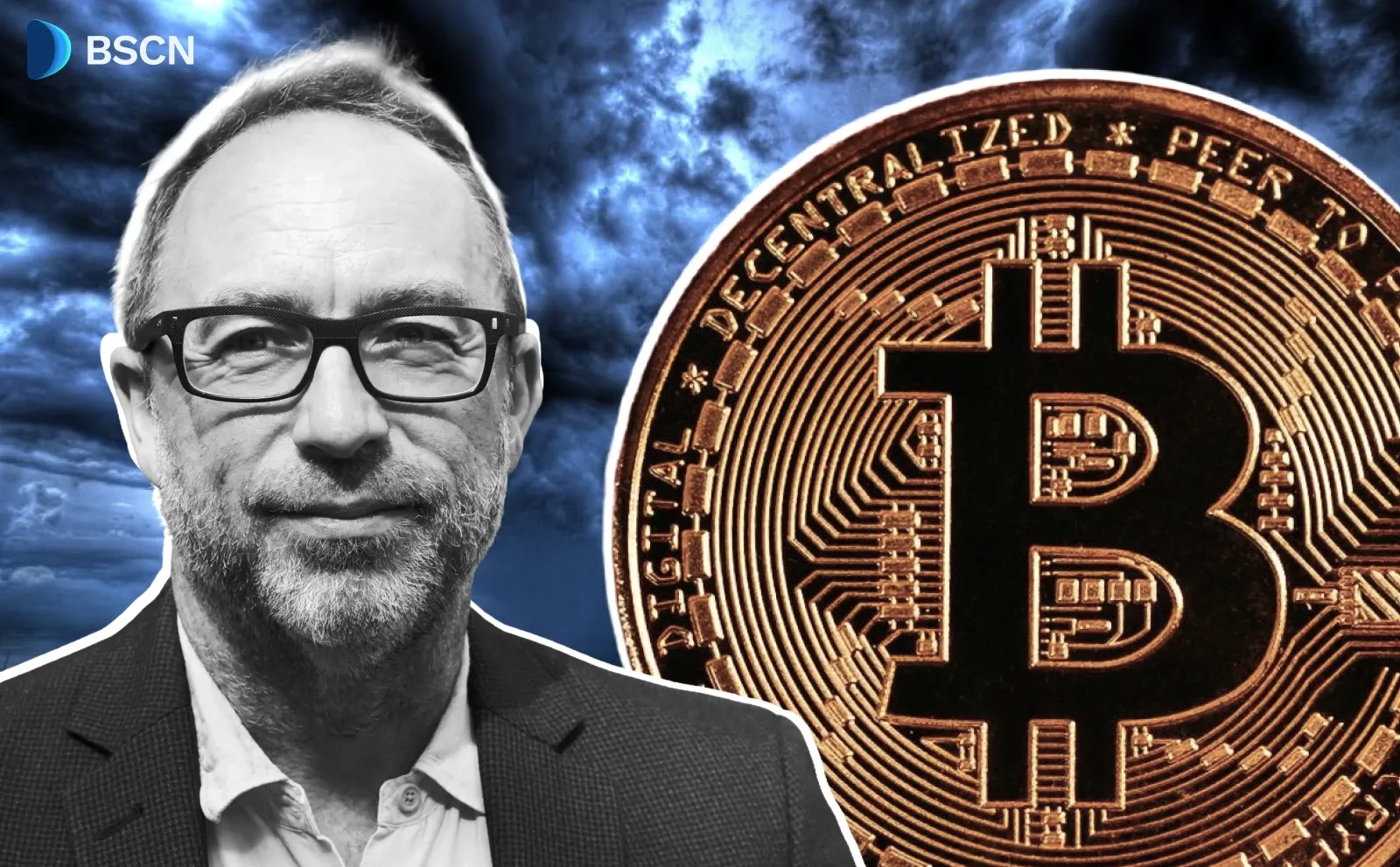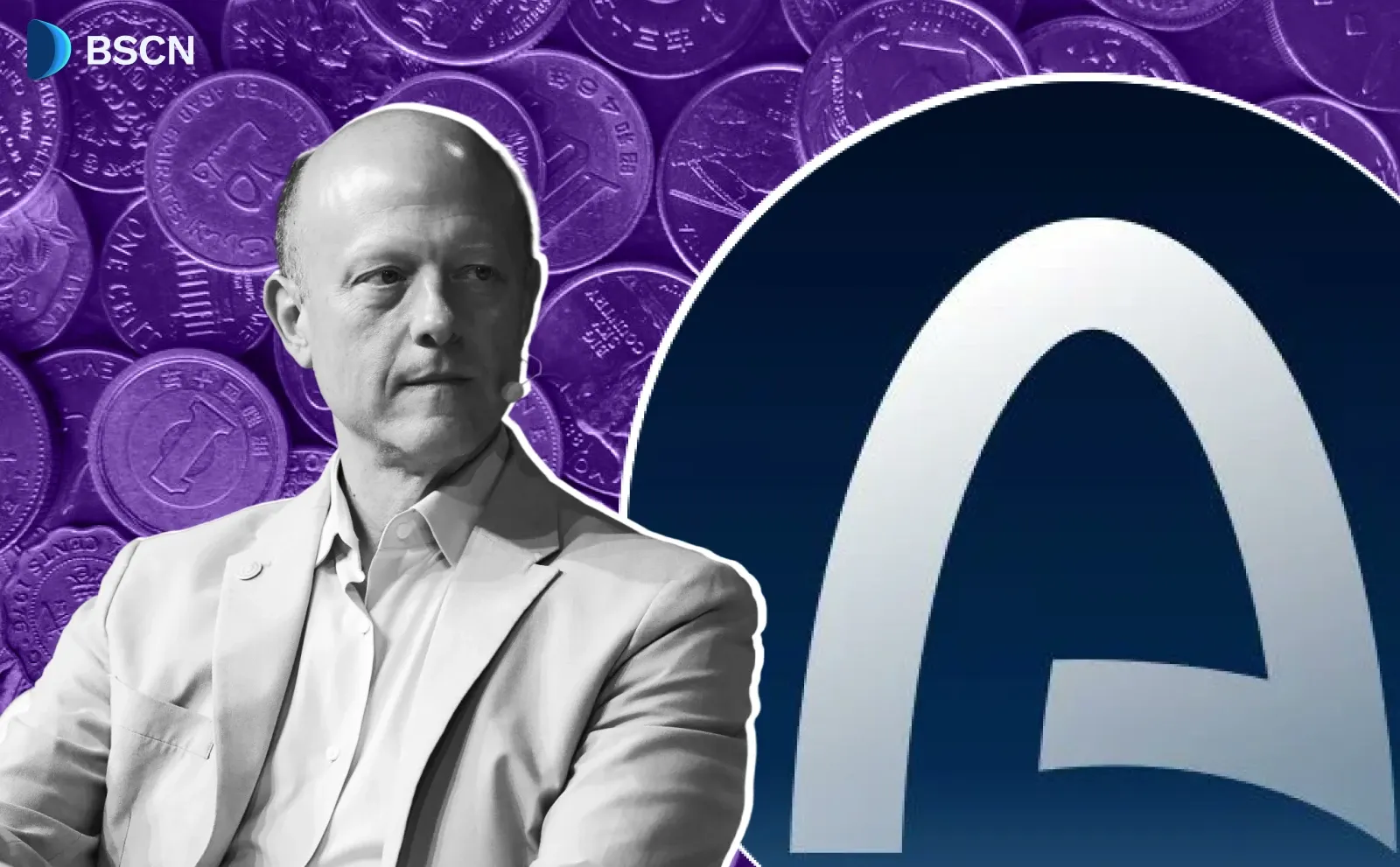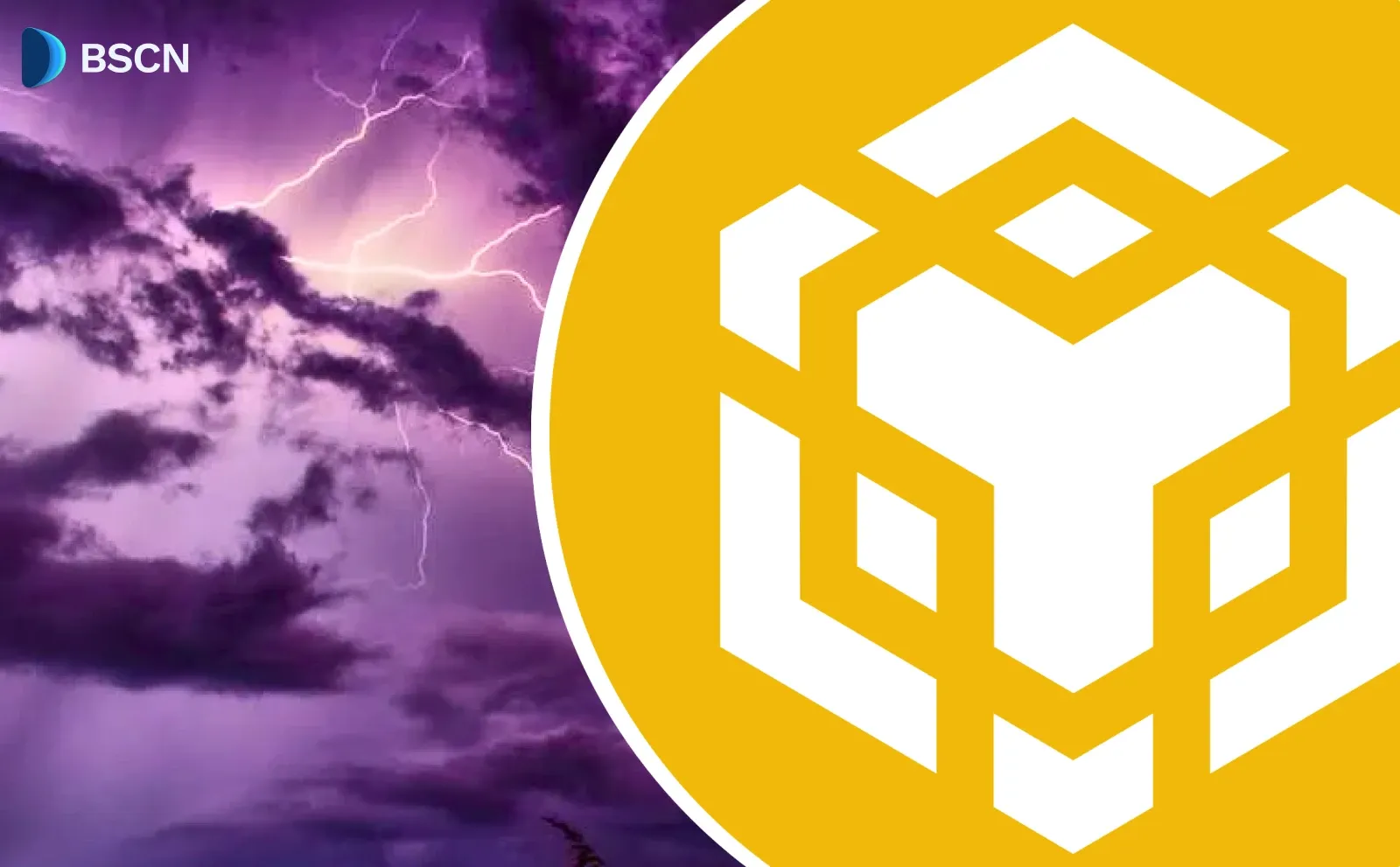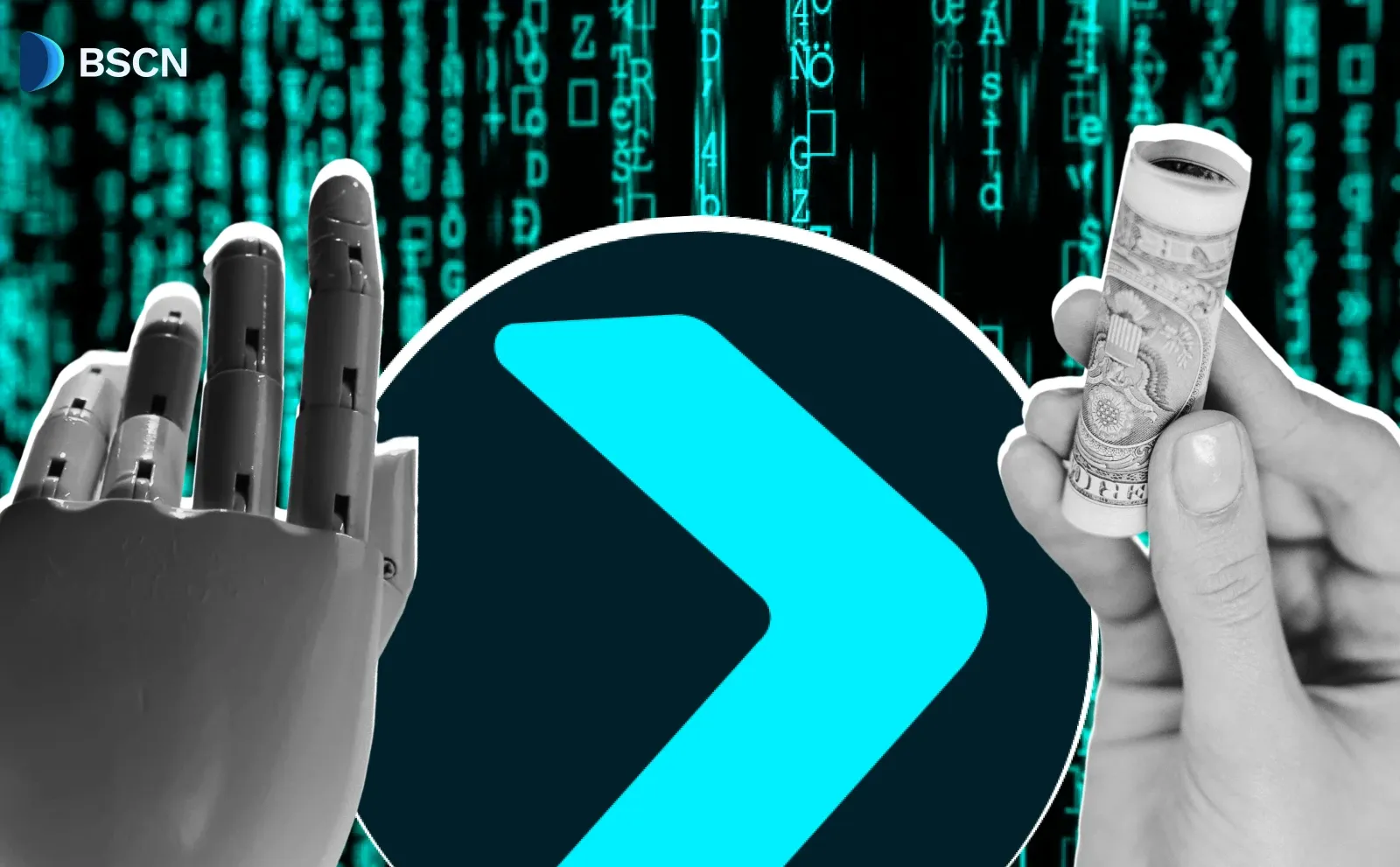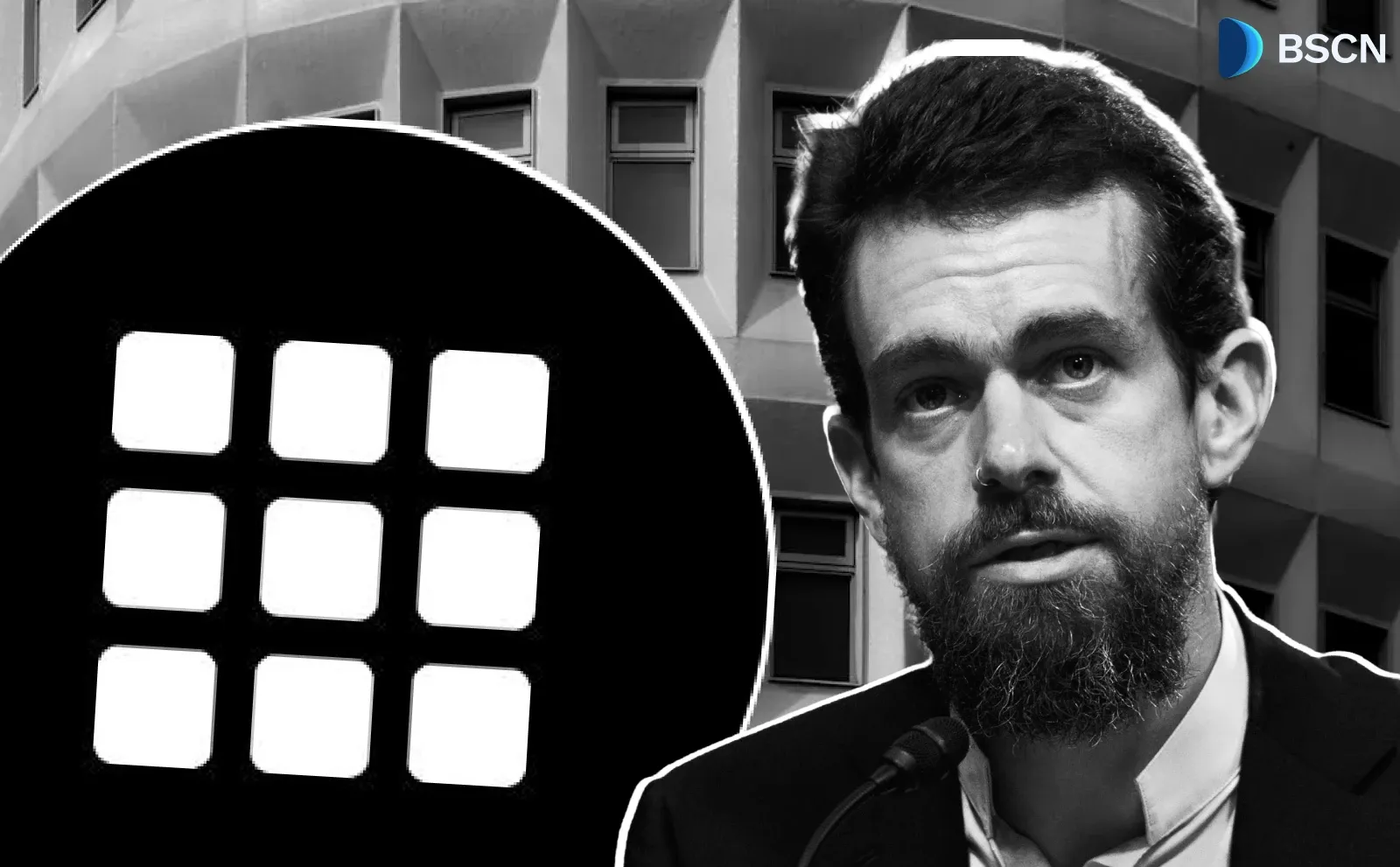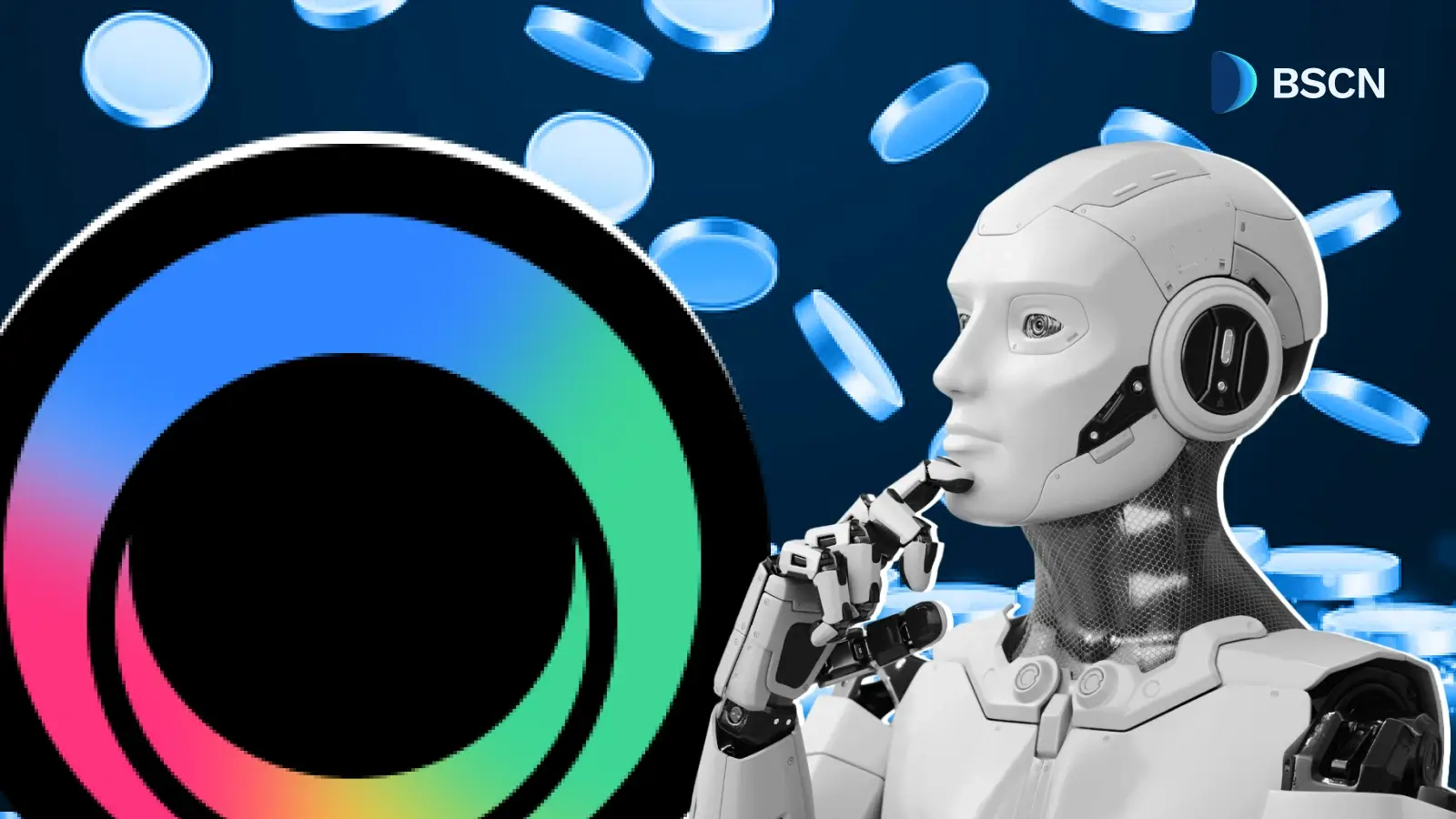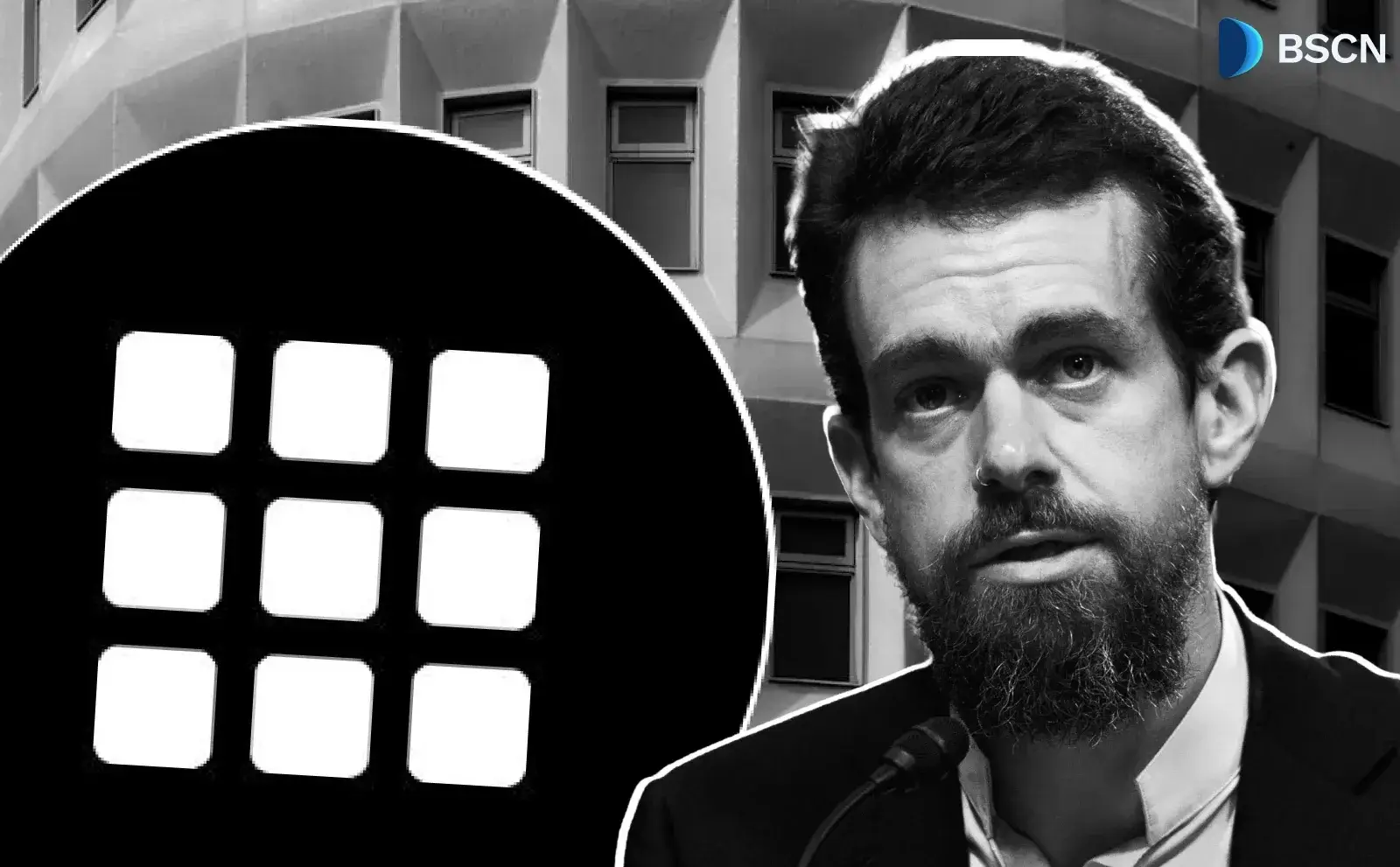Chainlink Powers New Digital Currency for Underserved Brazilian Communities

Chainlink partners with Plexos Institute and EDinheiro to support blockchain-based social currencies for underserved communities in Brazil.
Soumen Datta
July 30, 2025
Table of Contents
A new partnership between Chainlink, Plexos Institute, and the EDinheiro platform aims to expand financial access in Brazil by supporting blockchain-based social currencies. The initiative will launch in the city of Indiaroba, in the state of Sergipe, and will focus on improving financial inclusion, transparency, and autonomy for underserved communities.
At the center of the initiative is the Aratu social currency, which will be issued locally to serve the city’s 18,000 residents. The community largely consists of marisqueiras—women who harvest shellfish sustainably and play a key role in the local economy. This pilot project seeks to provide direct financial tools to communities that have traditionally had limited access to formal banking systems.
Blockchain-Based Social Currencies Take Root in Brazil
Social currencies in Brazil are not new. Issued by municipal or community banks, they are used to distribute local aid, stimulate the local economy, and support low-income populations. EDinheiro has already helped implement over 180 of these currencies across Brazil. Now, with support from Chainlink and led by the Plexos Institute, the platform is evolving to include blockchain infrastructure.
By integrating the Chainlink Runtime Environment (CRE), the project gains access to secure, verifiable, and automated processes for reporting and compliance. This ensures transactions remain auditable while aligning with Brazil’s General Data Protection Law (LGPD).
The CRE allows seamless interaction between offchain data and onchain operations. This capability is essential for building trust in a system that includes both local financial actors and government oversight.
Chainlink Infrastructure Powers the Next Phase
Chainlink will supply the core blockchain infrastructure needed to connect EDinheiro’s existing financial tools with modern, decentralized systems. The goal is not just technical efficiency but also improving transparency and enabling community-level control of funds.
Key technical elements include:
- Chainlink Runtime Environment (CRE) for decentralized orchestration
- Smart contract integration for auditability
- Support for compliance with LGPD (Brazil’s data privacy law)
The move brings digital public infrastructure to the local level, combining legacy systems with decentralized tools.
A Broader Institutional Framework
The initiative has also been recognized as an official use case of the Blockchain Brazil Network (RBB). Developed by the Brazilian National Development Bank (BNDES) and the Federal Court of Accounts (TCU), the RBB aims to support public service delivery using blockchain.
The Plexos Institute, which is leading the project, recently became an associate member and validator of the RBB. This relationship strengthens the project’s institutional credibility and offers a model for how blockchain can work within public-sector frameworks.
Camila Rioja, President of the Plexos Institute, noted that the project blends community-led solutions with secure technology:
"Adopting the Chainlink standard while evolving EDinheiro's platform to blockchain is a decisive step toward expanding transparency and securing the social impact of solidarity currencies, while ensuring autonomy for local communities.”
João Joaquim, Coordinator at EDinheiro, added:
"By integrating the Chainlink standard into EDinheiro's already proven system, we show that cutting-edge technology can strengthen what matters most: people and the solidarity economy."
Real-World Applications and Global Relevance
The Indiaroba project mirrors other Chainlink-backed efforts aimed at integrating blockchain with real-world finance. Earlier this month, Chainlink announced its involvement in Project Acacia in Australia, led by the Reserve Bank of Australia (RBA) and the Digital Finance Cooperative Research Centre (DFCRC). That initiative is testing Delivery versus Payment (DvP) settlement between tokenized assets and Australia’s new PayTo payment platform.
In both cases, Chainlink’s technology—particularly the CRE and its interoperability tools—provides the infrastructure to connect public blockchain systems with existing financial institutions and regulatory bodies.
Another recent integration was with Falcon Finance. The company adopted Chainlink’s Cross-Chain Interoperability Protocol (CCIP) and Proof of Reserve mechanism to support the utility of its stablecoin USDf. The goal: to make the token interoperable across Ethereum and BNB Chain, enhancing both credibility and functionality.
What This Means for Brazil
The Aratu social currency project is expected to serve as a pilot model for other regions. If successful, it could be replicated in different municipalities across Brazil.
Key outcomes include:
- Improved financial access for underserved populations
- Transparent disbursement of aid
- Strengthened local economies through digital tools
With the backing of the RBB, Chainlink’s infrastructure, and EDinheiro’s track record, this partnership has built the foundation to bring blockchain to Brazil’s public finance systems in a sustainable, regulated way.
The project shows how digital tools can be used within legal and institutional frameworks to improve financial access and accountability. The Aratu pilot is a step toward integrating blockchain in Brazil’s broader public and financial sectors.
Resources:
Chainlink Announcement: https://www.prnewswire.com/news-releases/chainlink-plexos-institute-and-edinheiro-partner-to-democratize-financial-access-in-brazil-302516568.html
Falcon Finance Announcement: https://falcon.finance/news/falcon-finance-adopts-the-chainlink-standard-to-power-cross-chain-token-transfers-of-usdf
Project Acacia Announcement: https://www.westpaciq.com.au/thought-leadership/2025/07/project-acacia-next-steps-for-the-future-of-money
Read Next...
Frequently Asked Questions
What is the Aratu social currency?
The Aratu currency is a blockchain-based local currency being launched in Indiaroba, Brazil, to support community-driven economic activity.
How is Chainlink involved in the project?
Chainlink is providing technical infrastructure through its Runtime Environment (CRE) to connect offchain systems with onchain data in a secure, verifiable way.
What is the Blockchain Brazil Network (RBB)?
The RBB is a public blockchain infrastructure developed by BNDES and TCU to improve transparency and efficiency in Brazilian public services.
Disclaimer
Disclaimer: The views expressed in this article do not necessarily represent the views of BSCN. The information provided in this article is for educational and entertainment purposes only and should not be construed as investment advice, or advice of any kind. BSCN assumes no responsibility for any investment decisions made based on the information provided in this article. If you believe that the article should be amended, please reach out to the BSCN team by emailing [email protected].
Author
 Soumen Datta
Soumen DattaSoumen has been a crypto researcher since 2020 and holds a master’s in Physics. His writing and research has been published by publications such as CryptoSlate and DailyCoin, as well as BSCN. His areas of focus include Bitcoin, DeFi, and high-potential altcoins like Ethereum, Solana, XRP, and Chainlink. He combines analytical depth with journalistic clarity to deliver insights for both newcomers and seasoned crypto readers.
Crypto Project & Token Reviews
Project & Token Reviews
Comprehensive reviews of crypto's most interesting projects and assets
Learn about the hottest projects & tokens
Latest Crypto News
Get up to date with the latest crypto news stories and events




